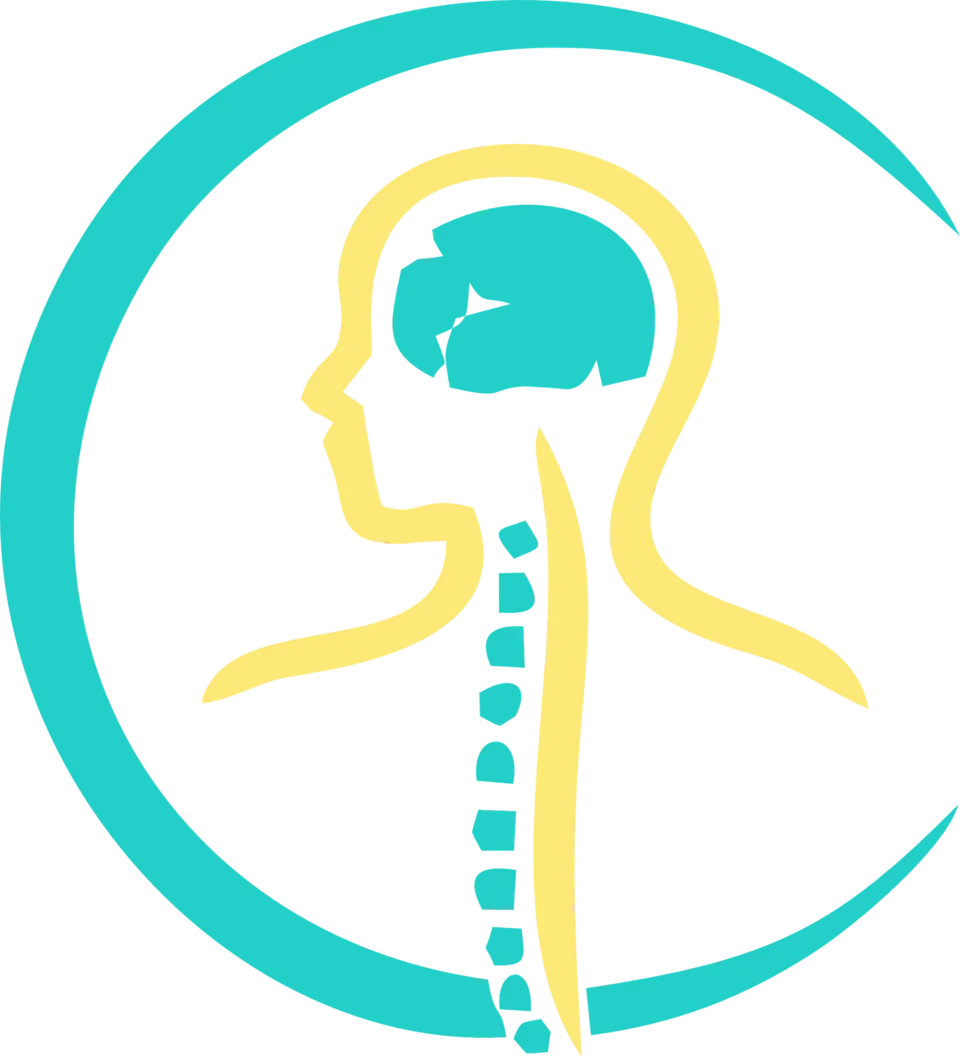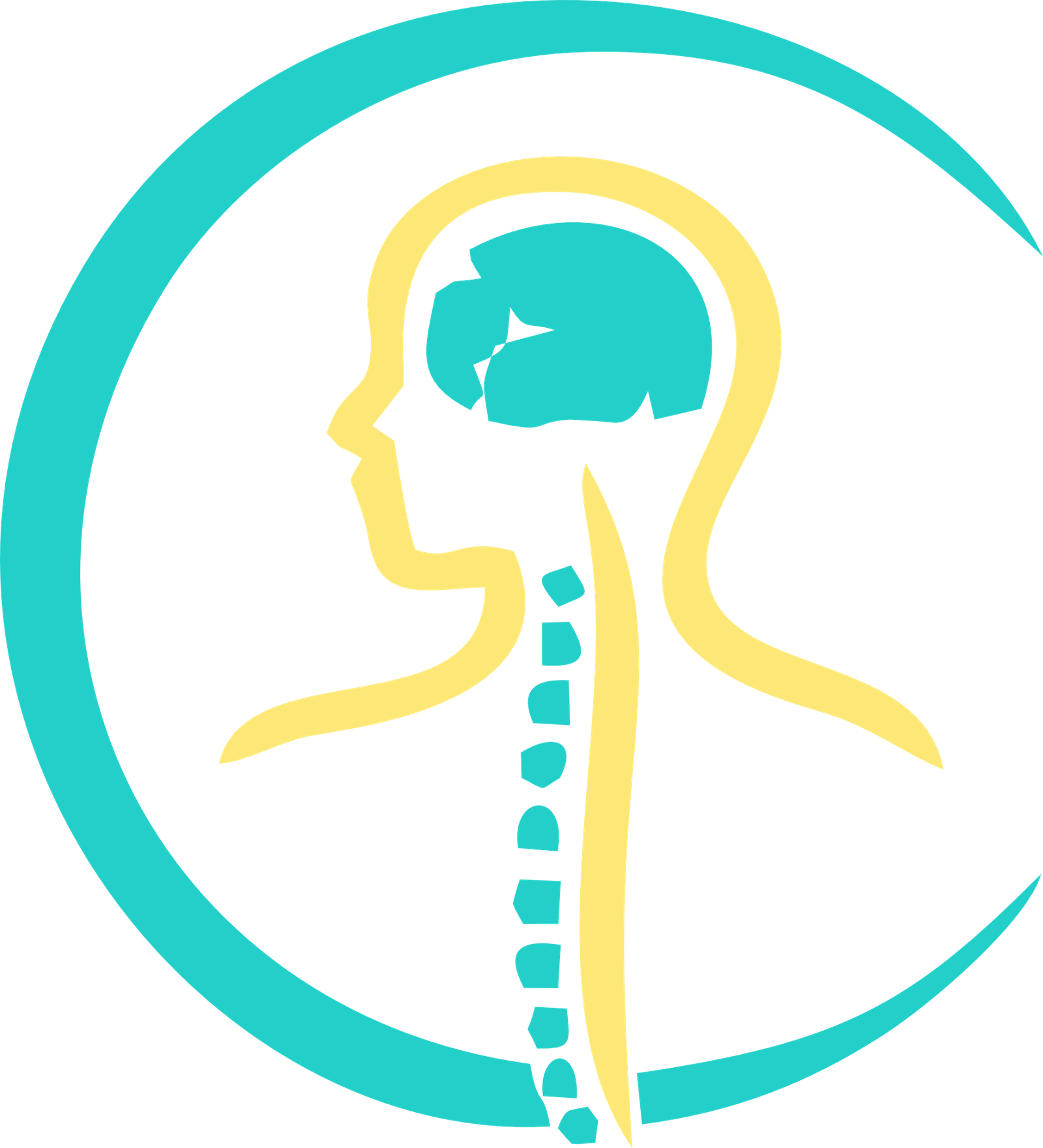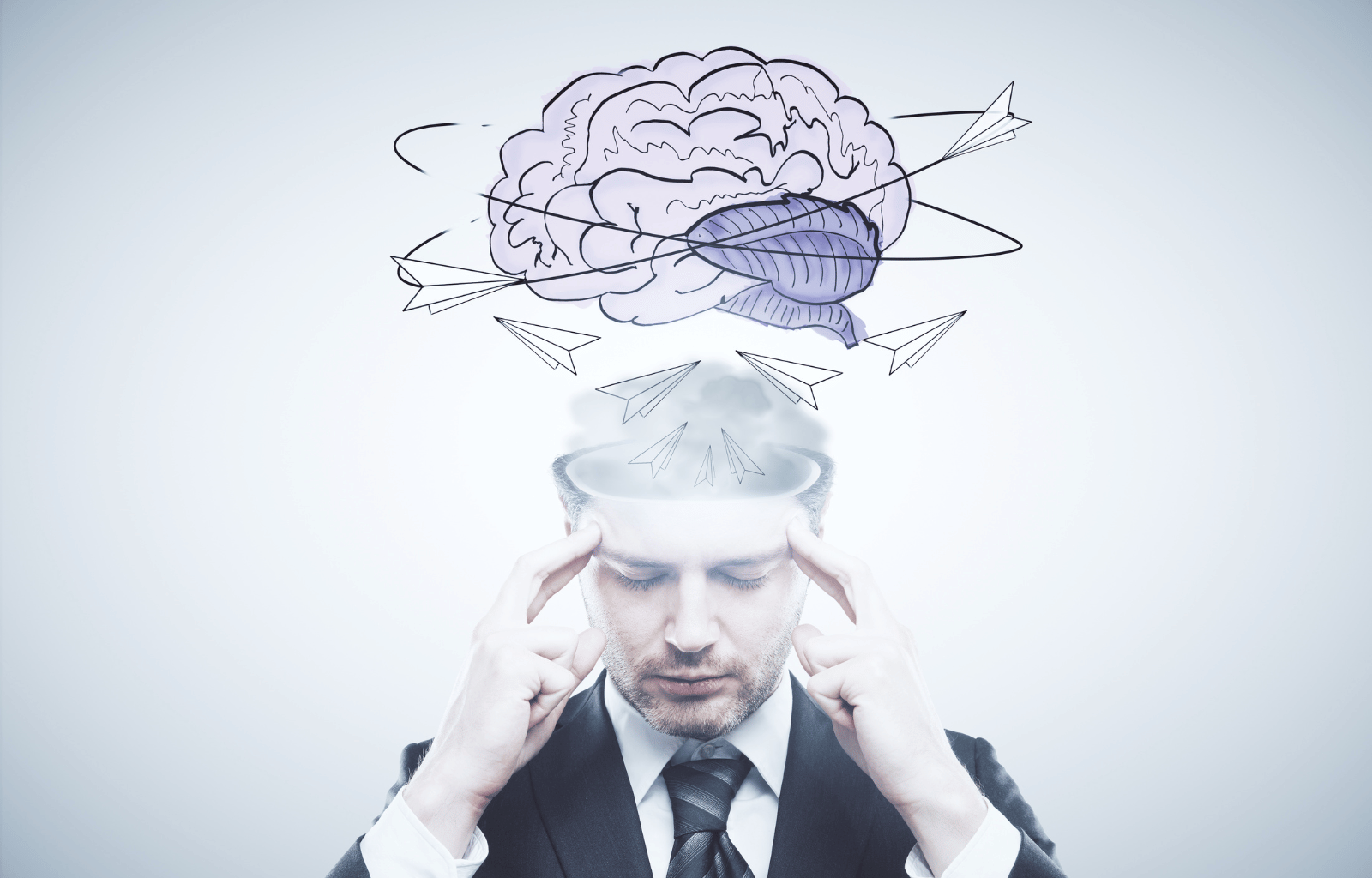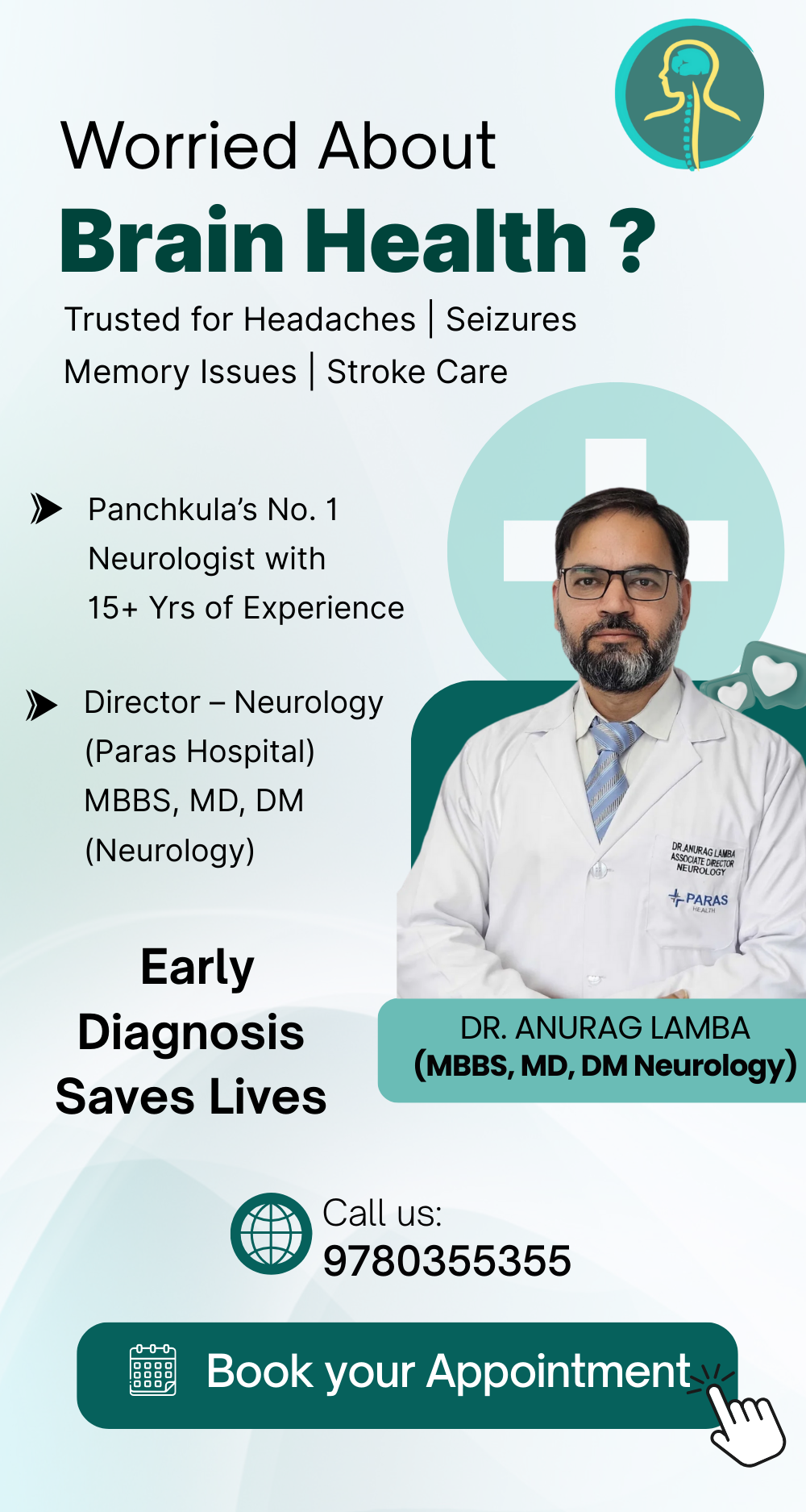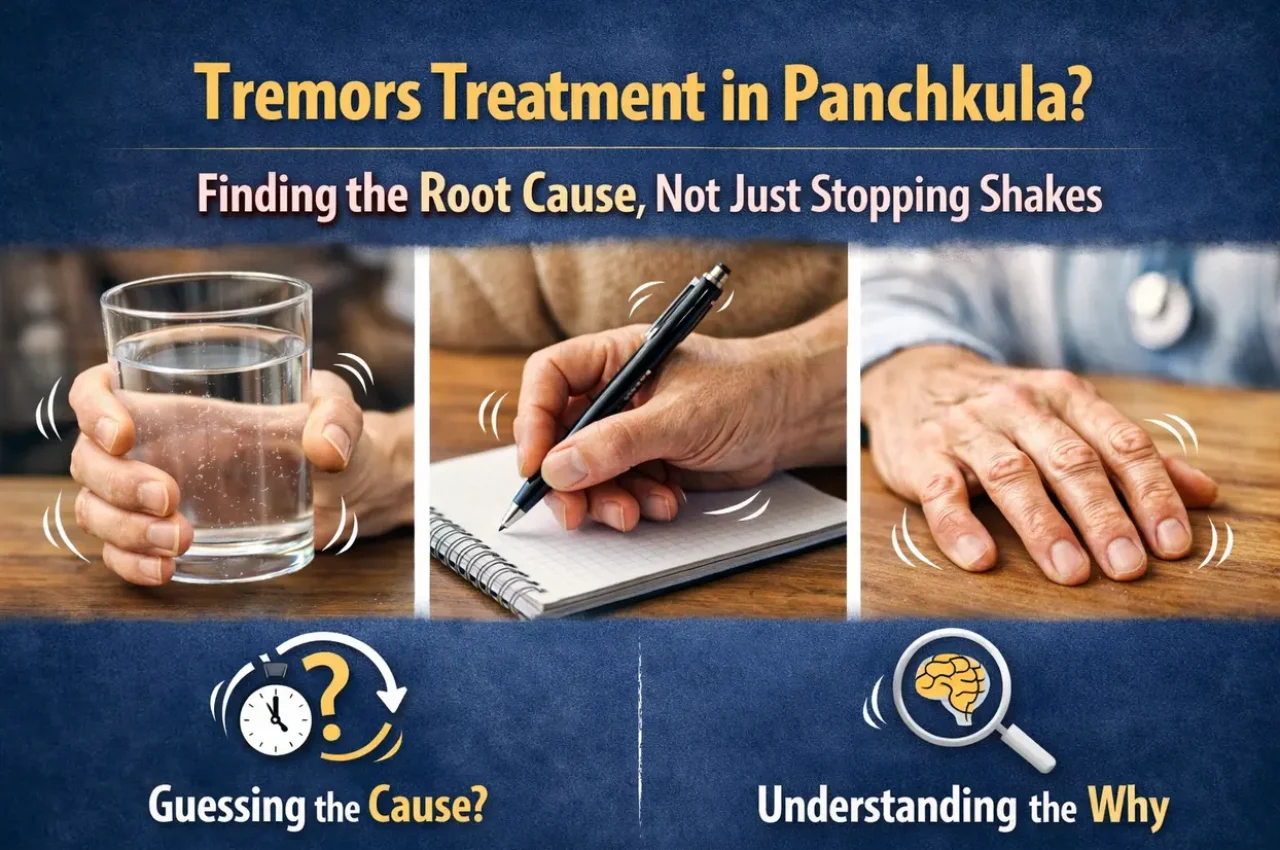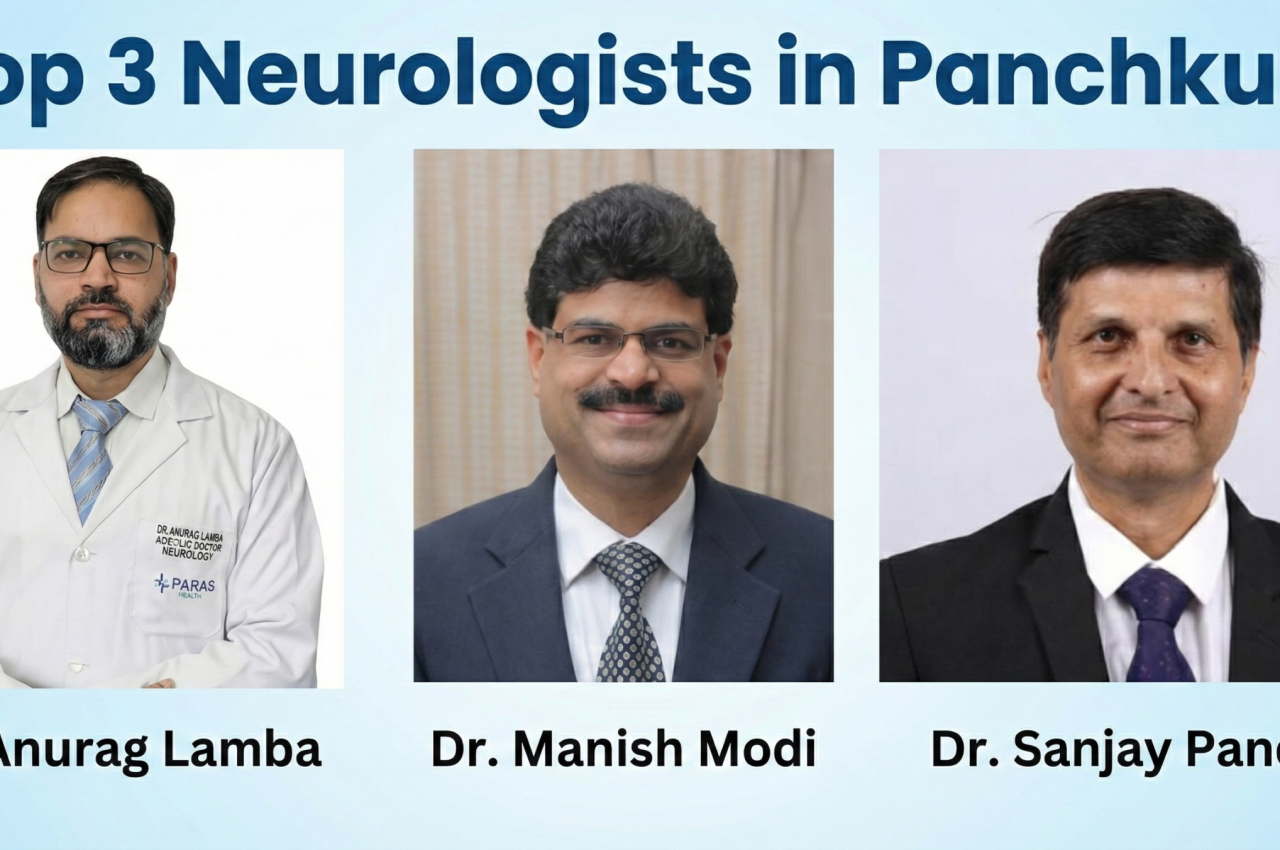Do you feel mentally “off” lately? Like your brain’s in slow motion, or you walk into a room and forget why? You may shrug it off as stress or tiredness, but according to Dr. Anurag Lamba, leading neurologist in Panchkula, what we casually call “brain fog” could be a signal that something deeper is going on.
Brain fog is not a diagnosis — it’s a symptom. And in some cases, it’s your brain’s way of saying, “Help me before it gets worse.”
What Is Brain Fog, Really?
It’s not a medical term, but patients often use it to describe:
- Slowed thinking
- Forgetfulness
- Mental fatigue
- Confusion or zoning out
In Panchkula, professionals working in IT, education, and even homemakers frequently report these signs — often assuming it’s due to “kam neend” or “zyada stress.”
But Dr. Lamba warns: “If brain fog becomes frequent or affects daily life, it’s time to investigate.”
5 Possible Neurological Causes Behind Brain Fog
1. Vitamin B12 Deficiency
More common than you think, especially in vegetarians. It leads to poor nerve conduction, memory issues, and low energy.
Blood tests at Dr. Lamba’s Panchkula neurology clinic can detect this, and early treatment brings remarkable improvement.
2. Early Cognitive Decline or Dementia
Forgetting appointments, misplacing items, repeating questions — these may not be “normal ageing.”
The National Institute on Aging states that early-stage Alzheimer’s often starts with vague symptoms like foggy memory, difficulty focusing, and mood changes.
3. Post-COVID Neurological Effects
Even mild COVID infections can trigger lingering brain fog. Studies have shown inflammation in the brain areas responsible for memory and concentration.
Dr. Lamba sees multiple post-COVID cases where brain fog lasted for 6–12 months if left unaddressed.
4. Thyroid Imbalance
Both hypothyroidism and autoimmune thyroiditis can cause fatigue and foggy thinking. This often overlaps with anxiety, making it harder to detect.
A simple thyroid profile and neurological exam can rule this out quickly.
5. Hidden Neurological Disorders
Conditions like multiple sclerosis (MS), mild epilepsy, or small vessel disease (in diabetics and hypertensives) can all begin with vague mental fog.
“Some of the most serious brain disorders start subtly,” says Dr. Lamba. “Brain fog is often the first clue.”
When Is Brain Fog a Red Flag?
Here’s when you must see a neurologist:
- It lasts more than 2–3 weeks
- It affects your work or relationships
- You feel confused while driving or cooking
- You’re forgetting familiar names or places
- You’ve had recent infection, head injury, or medication change
“Your brain is not supposed to feel like a browser with 50 tabs open all the time,” Dr. Lamba says.
Tests That May Be Needed
Depending on symptoms, your neurologist may suggest:
- MRI Brain: To rule out structural causes
- EEG: To detect silent seizure activity
- Blood tests: B12, thyroid, vitamin D, iron profile
- Neuropsychological testing: To assess memory and cognitive skills
Early diagnosis means early recovery. Delaying evaluation could let an underlying disorder silently progress.
How Patients in Panchkula Are Coping — and Recovering
One 42-year-old teacher from Sector 12 came to Dr. Lamba saying, “I feel like I’m forgetting words mid-sentence.” Blood work showed B12 deficiency and early signs of sleep apnea. With treatment and minor lifestyle changes, her clarity returned within weeks.
“I thought I was losing my mind. Turned out, my brain just needed help,” she shared.
Tips to Support Brain Health Right Now
- Get 7–8 hours of consistent sleep
- Practice digital detox — limit phone scrolling
- Eat more omega-3s, nuts, and leafy greens
- Get B12 and thyroid levels tested annually after 30
- Engage your brain: crosswords, reading, or even basic meditation
When In Doubt, Speak to a Neurologist
Brain fog is your brain whispering. Don’t wait until it starts shouting. Panchkula residents now have access to specialized neurological care — with in-depth testing, brain scans, and compassionate guidance from Dr. Anurag Lamba.
“Fog is just a cloud waiting to clear. Let’s help your mind find its sunlight again.” — Dr. Lamba
Want to consult Dr. Anurag Lamba? Click here to book your neurology appointment in Panchkula.
Disclaimer: This article is for awareness purposes only. Please consult a licensed neurologist for personalized evaluation
